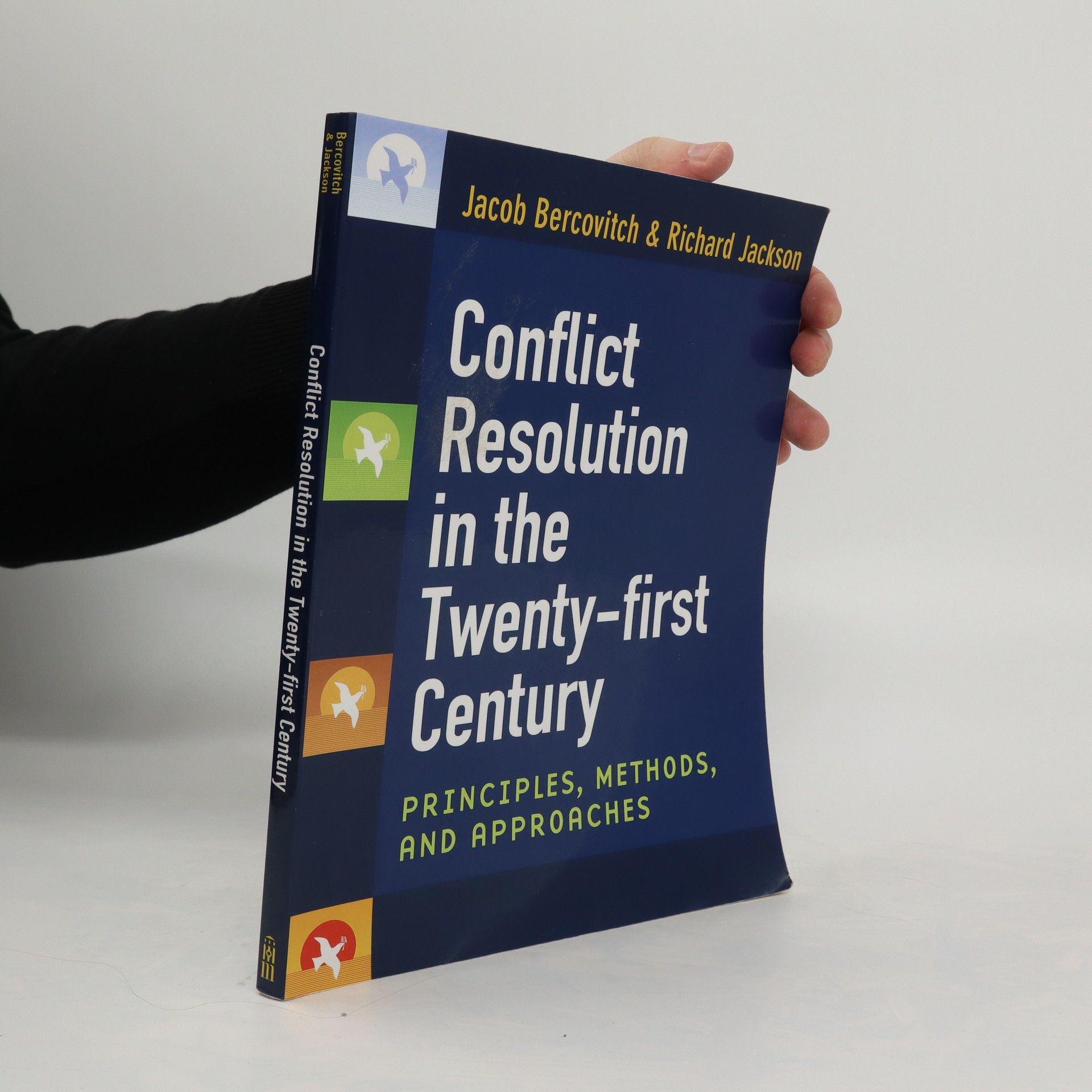In the past, arbitration, direct bargaining, the use of intermediaries, and deference to international institutions were relatively successful tools for managing interstate conflict. In the face of terrorism, intrastate wars, and the multitude of other threats in the post–Cold War era, however, the conflict resolution tool kit must include preventive diplomacy, humanitarian intervention, regional task-sharing, and truth commissions. Here, Jacob Bercovitch and Richard Jackson, two internationally recognized experts, systematically examine each one of these conflict resolution tools and describe how it works and in what conflict situations it is most likely to be effective. Conflict Resolution in the Twenty-first Century is not only an essential introduction for students and scholars, it is a must-have guide for the men and women entrusted with creating stability and security in our changing world. Cover illustration © iStockphoto.com
Jacob Bercovitch Livres
